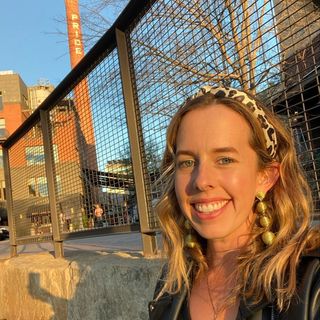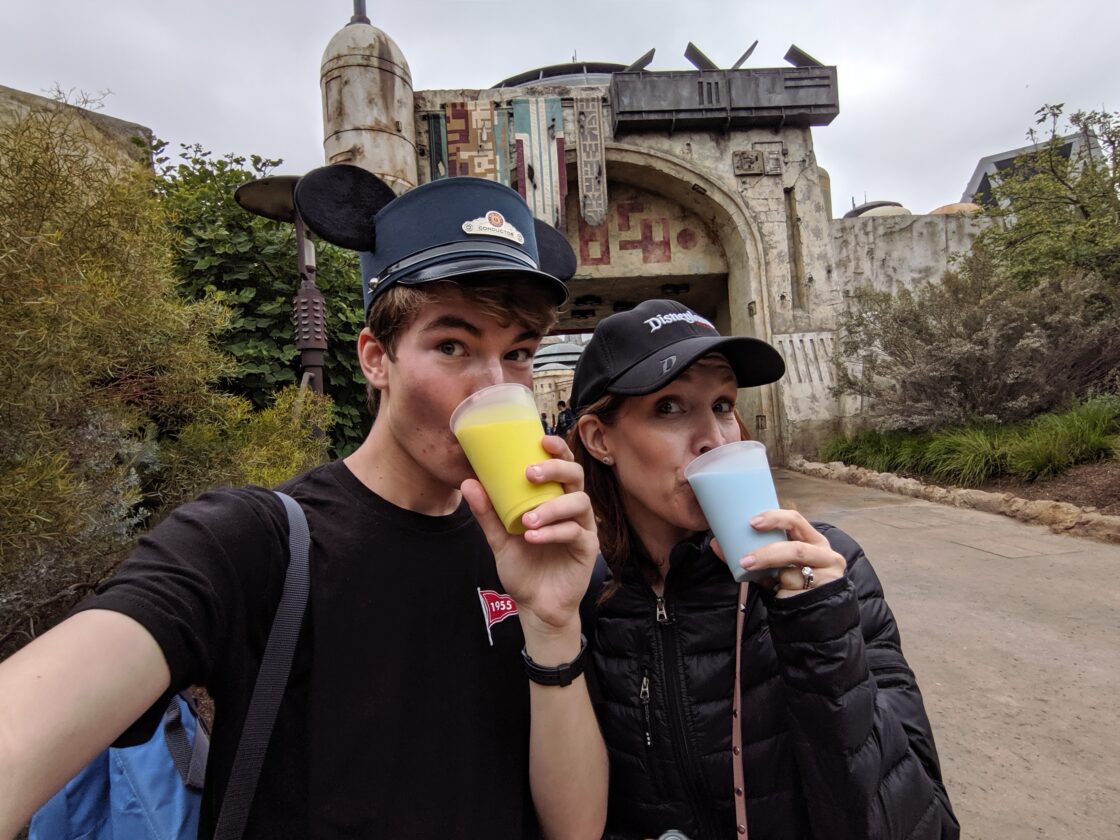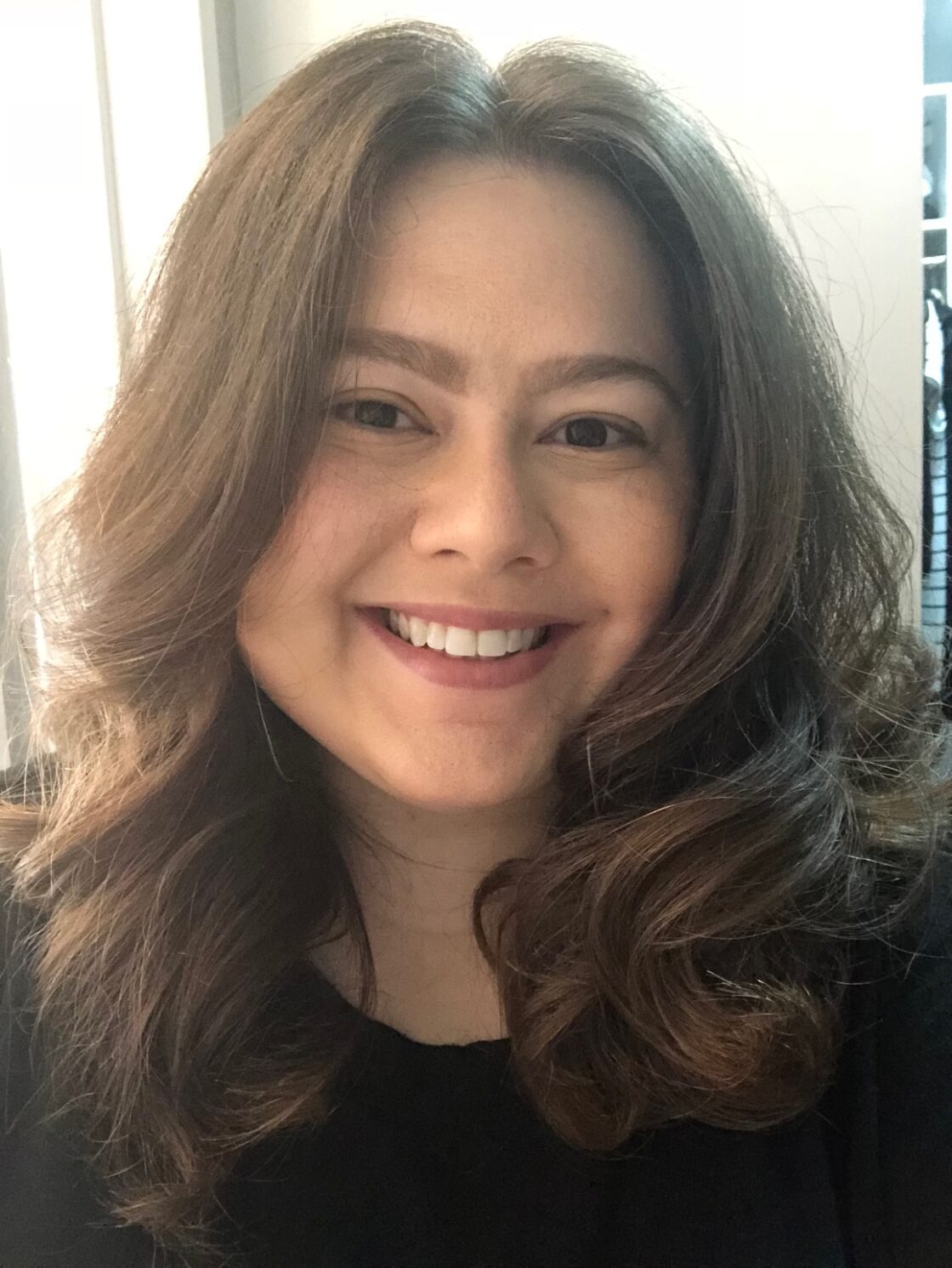|Amanda.Burnett|
What’s the first thing that pops into your mind when I say… “TV/FILM AGENT”?
One might dive right into the stereotypical Hollywood answers: Slimy? Lazy? Cynical? Manipulative? Money first, client last? Emotionless? Yeah, I could go on and on. And there are those out there that might fit into one or more of these categories. They’ve certainly been depicted in this manner on screen. Shows like Entourage or most recently, the hilarious half hour, Hacks… Or, they’ve been defined in a more layered, complicated, and humane way as seen in the beautifully done French series, Call My Agent!
And then there’s Amanda Burnett.
Amanda is one of the hardest working agents I know. She is supportive, open, and kind. Easily one of my top favs. Nothing against the others. There are some wonderful ones out there, but I love how honest and down to earth she is. Not everything is agenda driven. She’s willing to help people out even when there’s nothing for her to gain. I can certainly attest to this firsthand.
RS: You’re trying to sell someone on being an agent. Describe your job in a logline.
AB: I get to work with great creative minds and it’s also super fun and flexes some creative muscles. There’s the “business” side to it but it’s very creative too.
RS: Did you always know you wanted to do something in this industry or were you headed down a different path early on?
AB: Always wanted to do something in “the arts” or entertainment. Wanted to be a ballet dancer or an actor. Then later a writer/director, but realized my personality couldn’t deal with NOT having a steady paycheck so this was a happy compromise.
What is a big misconception about being an agent?
AB: That we’re all mean and slimy and overly aggressive. Some are. Most aren’t. Also, that we make millions. Those days are over.
RS: Agents are known to always be “in a meeting” multiple times a day/week. What exactly transpires during these internal meetings?
AB: Really runs the gamut. In internal staff meetings we run through grids of open staff/directing/open writing projects. People bring up specific projects they need help on/elements for. People give general informational updates about their coverage or other business info.
Then meetings or calls with executives and clients…. Could be anything from hearing practice pitches, strategizing on projects (for clients), connecting with execs about how we can do more business together. General catch ups.
RS: How many emails do you get a day?
AB: Too many. And I hate a full inbox so I file or delete neurotically.
RS: How many hours a day are you on the phone?
AB: Also too many. It depends. I truly find most meetings can be calls and most calls can be emails. Hate to say it. I’m a big efficiency person. Many people are not.
RS: What’s both your favorite and most difficult aspect of your job?
AB: Cheesy but true: Making clients’ dreams come true. Getting them that staff job they really wanted or selling a project and/or seeing it through to series. Worst: We feel the rejection too and it sucks. And there’s lots of rejection. The bar for staffing and selling has never been higher/harder.
RS: Several years ago, you lost your hearing and received cochlear implants. What was it that caused it and how did that experience change or redefine you?
AB: I’ll probably never know. They test everything when something that drastic happens to you and they didn’t find anything blatantly wrong. They said it’s probably a virus that went rogue and attacked my inner ear cells (which don’t regenerate). “Unspecified autoimmune condition” they like to say.
I hope I’ve lived with a bit more carpe diem since that happened and I like to think I sweat the small stuff less. I did relocate to Nashville recently and I’m going to continue to work remote, which is something I wanted to do for a while.
RS: Do you have an idiosyncrasy that you feel defines you?
AB: I’m pretty “detail-oriented.” (That’s a euphemism for “anal,” ha.) Like I said I need a tidy inbox, a clean apartment and I’m the girl who unpacks her suitcase as soon as she lands back from vacation!
RS: I think having a job where creatives depend on you to secure them a job would be one of the most daunting, stressful jobs out there. How do you avoid the emotional toll it has the potential to take on you?
AB: That’s always the challenge. I love this job and I think I’ve found a way to make it work but it’s taken a toll on my health mentally and physically. Work/life balance and separating the two. I’m hoping this move to Nashville gives me a little bit more of that balance/inner peace.
RS: How do you know you’ve come across a writer or talent that is undeniable? Do you think there is a common denominator that defines that “X” factor?
AB: I actually don’t think there’s an X factor. So much of this is subjective. One agent’s “Phoebe Waller Bridge” might be uninteresting to someone else, especially in the beginning. You just sort of know. It’s a gut feeling.
(Side Note: I’m going to ignore the fact that there might be someone out there that thinks Phoebe Waller Bridge is “uninteresting.”)
On Advice:
You should ask for what you need and go after the things you want fearlessly.
RS: What advice do you wish you would have received early on in your career and what’s a piece of advice you think is critical to pass along for those starting out as agents?
AB: I just wish I wasn’t as scared and timid all the time. The worst people can say is no. You should ask for what you need and go after the things you want fearlessly.
RS: What’s a “How to” piece of advice you could give to writers in order to navigate this over saturated marketplace we’re in today?
On navigating the marketplace (for writers):
Don’t take it personally or get discouraged. And just keep writing and creating.
AB: This is hard but don’t take it personal or get discouraged. And just keep writing and creating. You can always write your way out of a slump or a slow period.
RS: How do you avoid work burn out? Do you have a hobby you love that acts as a de-stressor?
AB: I wish I had more interesting hobbies. I like working out and gardening and travel. And eating at fun restaurants and making time for friends.
RS: Favorite all time meal?
AB: Zinque on Melrose: Le bowl with chicken (sub cauliflower rice), Tuna Tartine, Glass of Sauvignon Blanc.
RS: Is there a cause near and dear to your heart and if so, why?
AB: I’m a product of California public schools and they were bad when I was attending, but I feel like they’ve never been worse. Public schools are important and I really do believe in them. I think we need to put more attention on our public schools and make sure they’re well-funded and functional. I feel it’s important to speak up and I try to give money when and where I can.
RS: If you had to choose: bungee jump or sky dive?
AB: Neither! I’ll try almost anything once…but not that.
RS: Do you have any phobias? (scared of spiders, heights, etc.)
AB: Nothing too crazy. I’m sort of a hypochondriac in general, but oddly not about Covid. I think remembering as horrible as Covid is, it has a 99% recovery rate.
RS: What is your favorite type of show?
AB: I love period/historical dramas, soaps and YA soaps/dramas.
RS: What are you binge watching right now?
AB: YOU, SUCCESSION, WINTER HOUSE/VANDERPUMP RULES, CURB YOUR ENTHUSIASM, OUTLANDER
RS: When distressed, what comforted you most as a child?
AB: Probably food? Should I go to therapy for that? Food and TV? (Sounds like everything that’s wrong with America, lol)
RS: Did you have a favorite stuffed animal or toy growing up? Do you still have it?
AB: A golden retriever stuffed animal named Puddles. Still have him and he made the move with me to Nashville!
RS: What is missing in our industry? What do you think we need to do better?
AB: I still think we have a socio-economic problem which makes our industry very homogenous. Everyone starts as an assistant and assistants make no money by LA cost-of-living standards. That doesn’t work if your parents can’t help you financially. My parents were barely able to help, but they did pay my phone bill and I struggled a lot in the beginning.
I still think we have a socio-economic problem which makes our industry very homogenous. Assistants make no money by LA cost-of-living standards.
I didn’t have a car my first year at UTA. I could never keep up with the joneses. When you have a scenario like this eventually the workforce will lack diversity. And I mean diverse in every sense of the word. I don’t know why Hollywood leadership continues to be surprised by this.
RS: How often do you take on new clients?
AB: Not much anymore. I have so many clients already and I like to give 120% to the folks I have so I sign very selectively now.
RS: Have you ever lost a client? If so, was it something you felt was avoidable?
AB: Yes, and this is where I’ve gotten better at shutting down my emotions. My first client ever, fired me. Blamed something another department did, but it still stung. That said, I’ve gotten more Zen about client partings. I have more than enough work to do and I know I do my best… so if someone feels like they can find someone better, I sort of feel like they should go with god.
RS: Have you ever had to let a client go? Why?
AB: Yes. I have bandwidth issues constantly and as much as I’d like to keep everyone forever, sometimes it just isn’t working with someone when they haven’t worked for a long time. I encourage them to see if it would work better with someone else.
RS: Who is out there that you wish you represented and why?
AB: Tony McNamara. UTA represents, but I (personally) don’t. THE GREAT is genius and everything I love in a TV show.
RS: If you could only represent one: Writers, Directors or Talent? Why?
AB: Writers. It’s the most interesting creative process in my opinion and I like to be a part of that.
RS: How do you keep yourself inspired?
AB: Wine? Just kidding. I had trouble with this the last couple years between the guild situation and then Covid and all the after-effects. I hope this out-of-state move reinvigorates me. It is already. I think some change is always helpful on this front.
RS: As a new Nashville resident, what do you look forward to experiencing, something you didn’t get in L.A.?
AB: Seasons, lower cost of living, and even though there is an entertainment community here, a sense of “normality”/slower pace of life.
RS: And lastly, what is one skill or piece of advice or something in your family that you’d love to keep passing down as a tradition?
AB: Advice from my family: Think for yourself.
And there you have it. The Alluring Amanda B.!
For more q&a’s go to: www.rebecca-stay.com
Bio:
Amanda Burnett is a literary and packaging agent in the television group at United Talent Agency where she began her career in 2009 after graduating from UCLA. She represents writers, directors, production companies, actors and multi-hyphenates. She brings a deep expertise in developing and managing talent, sustaining client-centric partnerships, guiding artists through the television sales process as well as connecting them with work-for-hire positions throughout the entertainment industry.
Amanda was born and raised in San Francisco. She recently relocated to Nashville to try something new. In her spare time she enjoys gardening, dancing, watching too much BRAVO and costume dramas, and breathing in the fresh air of the great outdoors.




